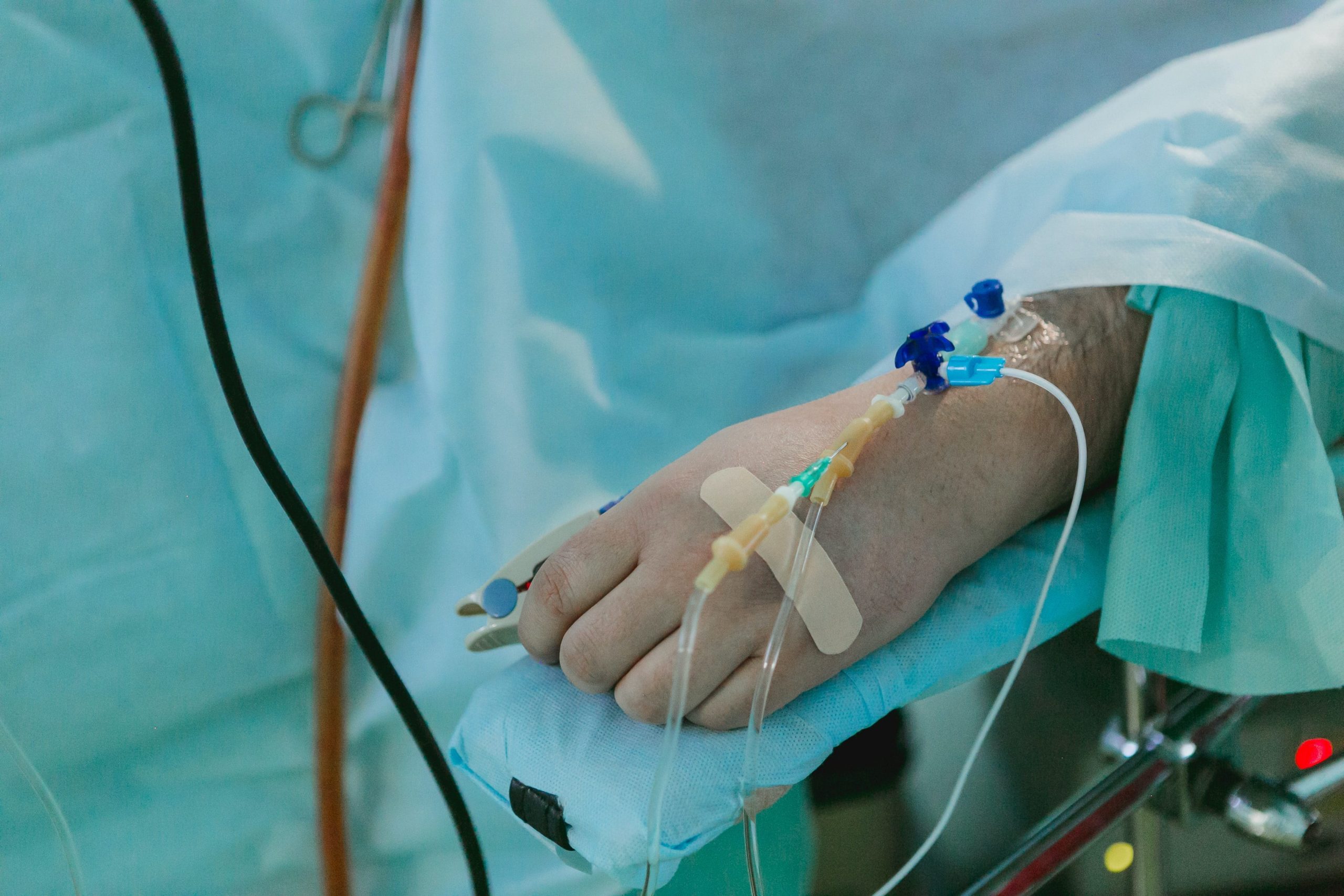While the Covid-19 related condition could be ‘deadly’, diagnosed children are likely to recover after 6 months, according to a study.
As Covid-19 infections among children increase worldwide, concerns over severe coronavirus-related health conditions, such as Multisystem Inflammatory Syndrome in children (MIS-C) have gained momentum.
According to Centres for Diseases Control and Prevention (CDC), MIS-C is a Covid-19 related condition in which different body parts can become inflamed, however a new UK-based study shows that the most severe symptoms that come with this disease can be resolved within six months after hospitalisation.
“MIS-C can be serious, even deadly, but most children who were diagnosed with this condition have gotten better with medical care,” CDC said in an article titled “For Parents: Multisystem Inflammatory Syndrome in Children (MIS-C) associated with Covid-19.”
Children who experience MIS-C will notice some body parts becoming inflamed, this could include the heart, lungs, kidneys, brain, skin, eyes, or gastrointestinal organs, according to CDC.
The study was conducted on a small scale at one hospital in London and then published in the journal The Lancet Child & Adolescent Health.
It analysed half a year’s worth of results from some 46 children who were treated for MIS-C, or what is also known in the UK as PIMS-TS, which stands for Pediatric Inflammatory Multisystem Syndrome.
The study revealed that six months after they were discharged from the hospital, most of the participants didn’t seem to experience a continuation of the severe symptoms associated with the condition, such as stomach problems, inflammation, heart abnormalities and neurological issues.
The report stated that “45 (98%) of 46 patients were back in full-time education by 6 months (virtually or face to face).”
However, some children continued to experience some symptoms in the follow up period. The study found that six participants still had stomach problems, two had some heart abnormalities, and one child still had some systemic inflammation.
Read also: Moderna Covid-19 vaccine ‘safe for children as young as 12’
Nevertheless, eighteen of the participants had some small neurological abnormalities, but the analysis showed this did not have a major impact on their ability to carry out everyday tasks.
“An assessment of the children’s ability to walk found that 18 of the children were in one of the lowest percentiles for where they were supposed to be developmentally. However, the authors said since there was no comparison group of children who weren’t sick in the study, it’s unclear if this was MIS-C related. Some earlier studies have shown that the pandemic caused some children developmental delays,” CNN reported.
Among the other concerns was the issue of mental health, with some children showcasing a risk of clinically significant emotional distress, according to the study.
Researchers stressed that patient follow-up is extremely important to ensure the safety of all children who had MIS-C, especially with regard to mental health issues/
“Family trauma and anxiety were prominent in our cohort as a direct consequence of the affected child’s illness and familial association with a Covid-19 case,” the study said.
Difficulty in exercising and physical activity was also reported with some children experiencing persistent fatigue. Researchers advised doctors and parents to continue monitoring the children closely.
Since the study was conducted on a small sample of participants in the same hospital, authors noted that an extended research is needed to better understand the issue on a wider scale, including children with MIS-C who didn’t need hospitalisation.
“These findings can hopefully signal cautious optimism that many of the most severe effects of (MIS-C) appear to resolve within six months,” said study co-author, Dr. Justin Penner who works in the paediatric infectious disease department at Great Ormond Street Hospital where the children were treated.
“However, the persisting fatigue, difficulty exercising, and mental health effects we saw in some children, which can interfere with daily lives, must be closely monitored and patients should continue to be supported by medical teams with a range of specialisms.”
Dr. Anne Rowley, an infectious disease specialist at the Anne & Robert H. Lurie Children’s Hospital of Chicago, advised parents to get vaccinated for the sake of their children.
Although MIS-C is rare, “if it happens to your child, it’s devastating,” she addressed parents.
“I am concerned that, as the number of Covid cases go down, that some people who are a bit vaccine hesitant may now think that they don’t need it at all,” Rowley said.
“I feel like that may end up falling on the children then who can’t get vaccinated yet, because they’re too little to get the vaccine. So I hope people get vaccinated to protect themselves and the children.”







